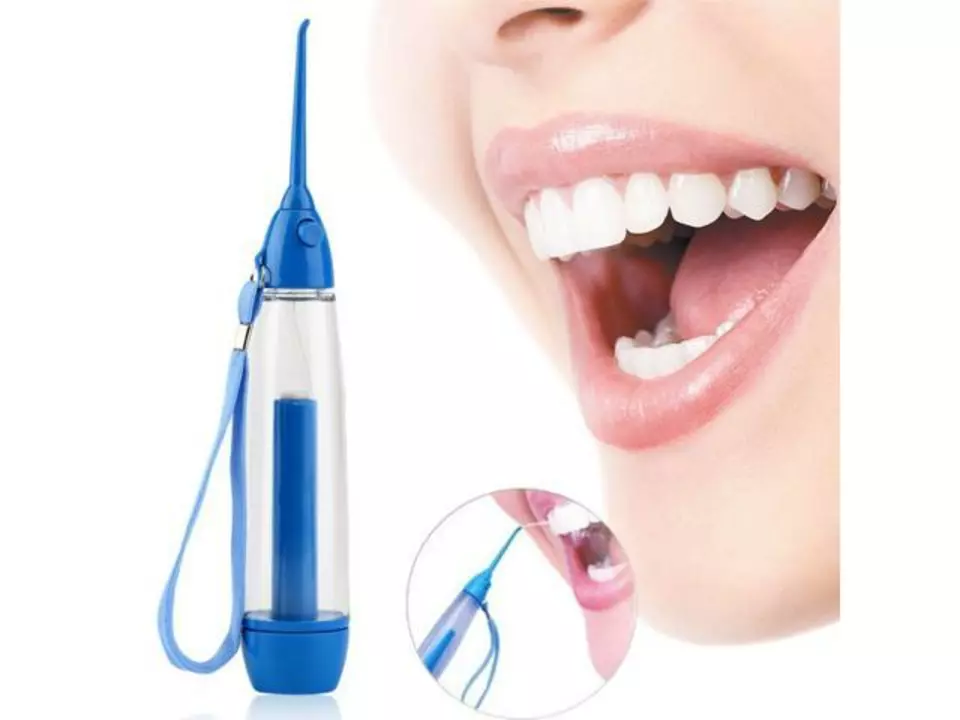Dental products: pick the right tools for a healthier mouth
You use dental products every day, but simple choices make a big difference. This page helps you spot what matters when buying toothbrushes, toothpaste, floss, mouthwash, and basic dental tools. No fluff—just straightforward tips that actually help you keep teeth and gums healthy.
How to choose toothbrushes, toothpaste, and floss
For toothbrushes, bristle softness beats fancy handles: soft bristles clean without hurting gums. Replace a brush or head when bristles splay—usually every three months or after illness. Electric brushes help people who struggle with motion or dexterity; a basic oscillating brush is enough for most users.
Toothpaste choice should match your need. Use fluoride toothpaste for cavity protection. If you have sensitive teeth, pick toothpaste labeled for sensitivity with potassium nitrate or stannous fluoride. Whitening pastes remove surface stains but can be abrasive—use them a few times a week, not daily, if you notice sensitivity.
Floss comes in tape, waxed, and floss-pick forms. Tape works better between tight teeth; waxed floss slides easier around bridges. Floss picks are handy for quick use, but traditional floss cleans better if used properly. If you have braces or wide gaps, interdental brushes are often more effective than floss.
Other useful dental products and daily habits
Mouthwash can reduce bacteria and freshen breath—choose alcohol-free formulas if your mouth is dry. For dry mouth, look for saliva substitutes and products with xylitol to reduce cavities. Night guards protect teeth from grinding; buy a dentist-fitted guard if grinding is severe, or use a high-quality boil-and-bite from a trusted brand for mild cases.
Denture wearers need specific cleansers, not regular toothpaste—daily soaking removes buildup and keeps dentures fitting better. For people with movement disorders like dyskinesias, soft mouthguards and electric brushes with larger handles make daily care easier and reduce accidental damage.
Store products dry and cool. Check expiration dates on pastes and solutions—old products lose effectiveness. Don’t share toothbrushes or personal dental devices; bacteria transfer is real.
Small habits matter: two minutes twice a day, daily interdental cleaning, and regular dental checkups beat random high-cost gadgets.
Buying dental supplies online safely
Buy from reputable vendors with clear contact info and good reviews. If a product requires a prescription, use a licensed online pharmacy or get a script from your dentist. Avoid stores that hide shipping origins or list prices that look too-good-to-be-true. Check returns, storage conditions, and that items arrive sealed. When in doubt, bring the product name to your dentist for a quick check before you use it.
Use these tips to choose practical, affordable dental products that fit your needs. Small upgrades—like the right brush or a targeted toothpaste—often make the biggest difference for comfort and oral health.
